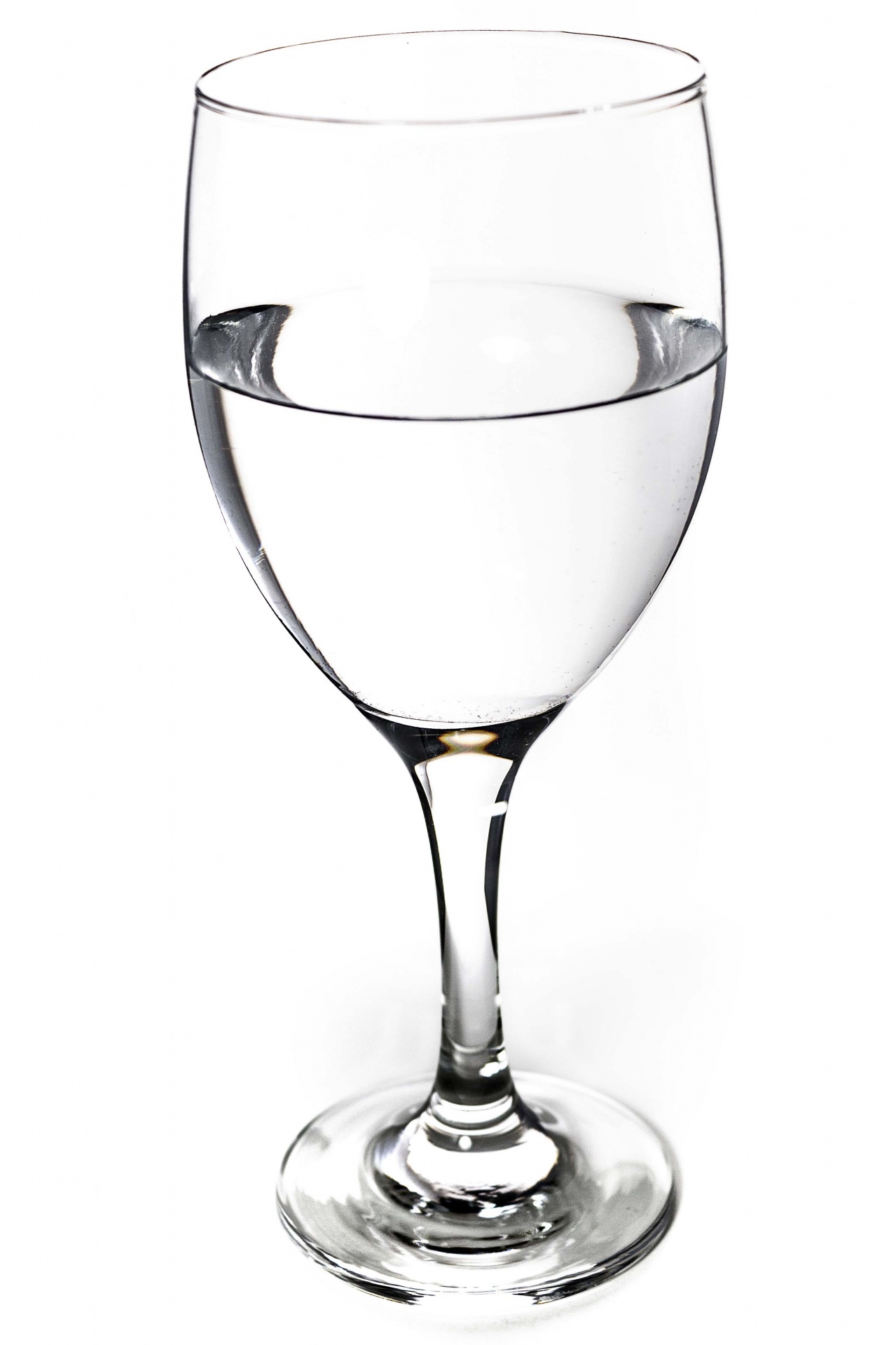
Belgian philosopher Maarten Boudry (SKEPP member) wrote in an NRC Handelsblad opinion piece that medicines that rely solely on the placebo effect have one vital ingredient that patients need to supply themselves: belief. However, one cannot choose to believe something; you either believe something or you don’t, depending on circumstances you can’t control. We can’t force ourselves to believe a glass of ordinary tap water can relieve our headache. Likewise, once you know a certain medicine is nothing but a sugar pill, the placebo effect has worn off. Boudry calls this the ‘involuntary nature of belief’.

He therefore disagrees with the seemingly reasonable suggestion of ethnologist Peter Jan Margry, who argued we should draw a sharp line in alternative medicine between healthy and dangerous treatments. You can’t choose your own illusions, Boudry says, and illusions are always prone to harmful side-effects.
Unlike regular medicines, homeopathy may be said to be side-effect free: a sugar pill or a bit of shaken water does nothing whatsoever, neither good nor bad, and some people may get a placebo effect from it. ‘Should we therefore ban the Dutch Society against Quackery (Vereniging tegen de Kwakzalverij), and all start swallowing shaken water, in the hope we’ll someday all believe it works?’ Boudry asks. He points to an undercover investigation by Simon Singh and Alice Tuff (Sense about Science), who found all ten homeopaths they consulted recommended shaken water against malaria: potentially lethal illusions.
Homeopathy itself may therefore not be dangerous, but belief in it can be, especially when it’s considered a valid replacement of real medicine. Besides, the latter also offers a placebo bonus, so why resort to possibly harmful alternatives?
